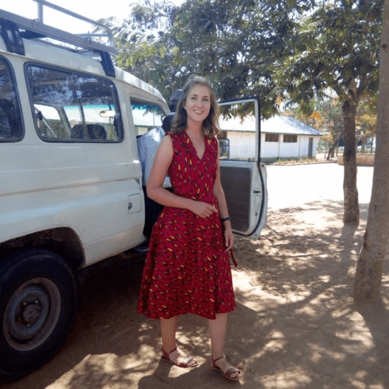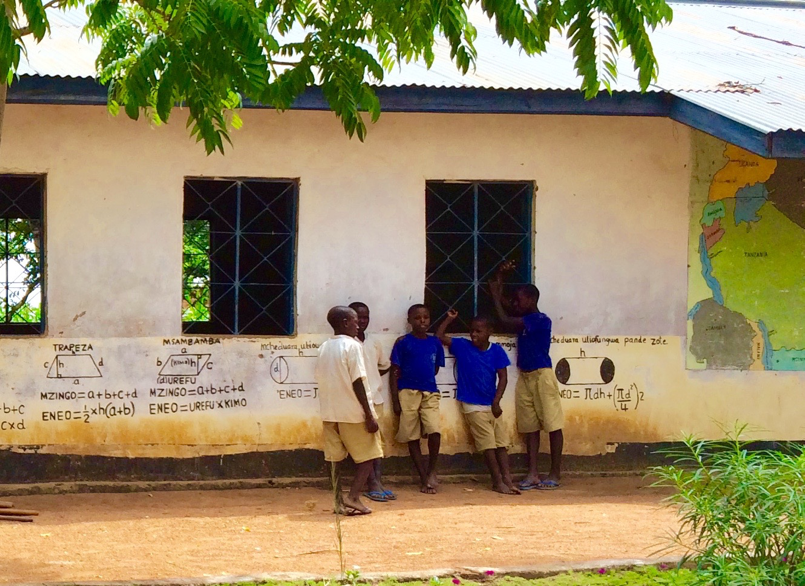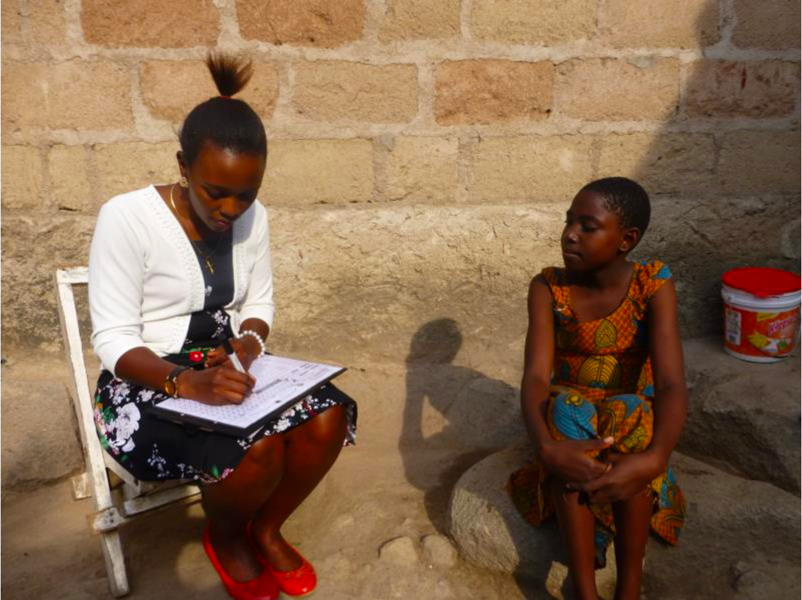Child's Work


In many places across the globe, children play major roles as both economic consumers and producers. Considering these roles, researchers say, is imperative to better understanding patterns of parenting and childcare worldwide.
With their pair of new papers — one in the journal Demography, the other published in Demographic Research — anthropologists David Lawson, of UC Santa Barbara, and Sophie Hedges, of the London School of Hygiene and Tropical Medicine, demonstrate exactly how important children’s work is.
“Children’s work is often neglected in studies of childcare, perhaps partly because most research is led by scholars from countries where children are not economically valuable,” noted Lawson, an assistant professor of anthropology. “Our studies demonstrate that by studying children’s work we can make sense of otherwise puzzling patterns, including variation within families in which children attend school and high rates of fostering.”
For “Sharing the load: How do coresident children influence the allocation of work and schooling in northwestern Tanzania?” the researchers surveyed over 1,000 children, revealing that parental strategies depend on gender. They found that within households elder girls do more work, freeing their younger sisters up to go to school, while the reverse happens for sons — parents favor educating relatively older boys, which in some households increases the burden of work for laterborn sons.
Hedges, lead author on both papers, who completed her Ph.D. with Lawson noted: “In many parts of the world parents do not have the resources to send all their children to school, and children work from young ages to support their family. This presents parents with a dilemma: which children, if any, to excuse from domestic tasks and farm work so that they can attend school?”
In high-income nations like the United States, she explained, older children within a family typically have a modest advantage in educational attainment and achievement — but from an anthropological perspective we can expect patterns of parental investment to be context-dependent. Much less is known about how parents choose to invest in children where they are economically productive, and where schooling takes time away from their ability to support their household through work.
“Schooling throughout many parts of the world is unequally allocated within families, as parents with limited budgets make difficult decisions about which children to prioritize,” Lawson said. “Our research demonstrates that if want to understand patterns of education in contexts like rural Tanzania then we need to consider both labor substitution dynamics and gender norms. This is only possible by studying not just patterns of school attendance, but children’s work.”
The pair’s second study, “Earning their keep? Fostering, children’s education, and work in north-western Tanzania” examines fostering, a common practice in sub-Saharan Africa. Specifically, it considered whether children’s work may make fostering profitable, or at least less burdensome, for foster parents.
In northern Tanzania, around one in four children are fostered, living permanently or temporarily away from their biological parents. With lower relatedness between foster caregivers and children, Hedges and Lawson anticipated lower investment in education for fostered kids. To their surprise, they found that disadvantages arise only in rare cases when children live with distant kin. Fostered children living with close kin, such as grandparents, were just as likely to attend school as those living with their own parents, even in cases where foster children were orphans.
“It is often assumed that living away from one’s biological parents is disadvantageous for children, and this is broadly supported by research in high-income countries,” Lawson said. “On the contrary, our research suggests that Tanzania’s strong tradition of fostering, which usually takes place with close kin, does not disadvantage children.” Hedges added, “fostering networks play a critical role important in buffering orphans from parental death. One reason why foster parents may be happy to look after other people’s children is that even from a young age, children can earn their keep through contributing to productive work for the household.”
The papers are part of a larger ongoing project examining relationships between family structure and wellbeing led by Lawson in collaboration with the National Institute for Medical Research in Mwanza, Tanzania. The group’s ongoing research explores the consequences of early marriage for girls and women, and the impact of the urbanization of child care arrangements.





